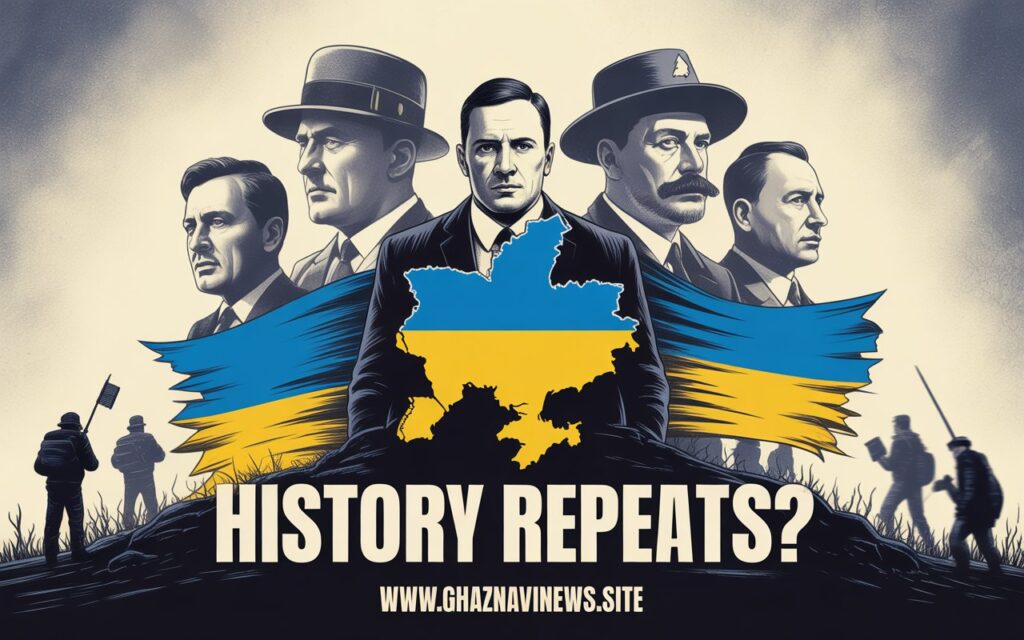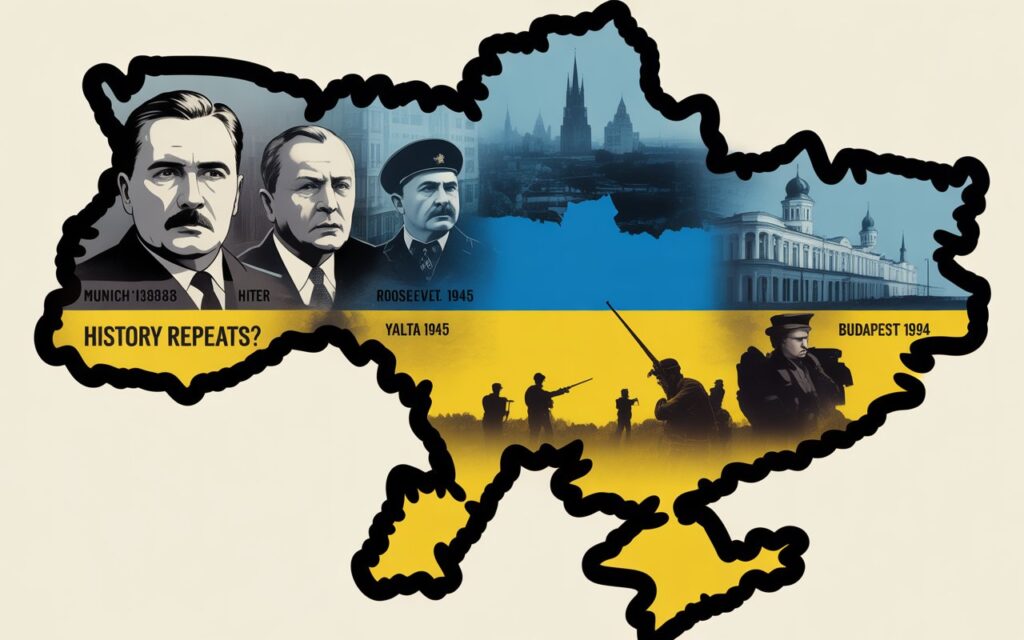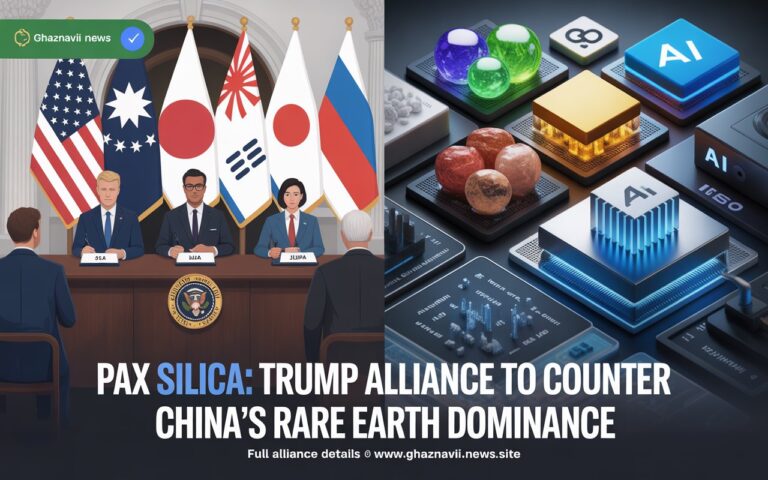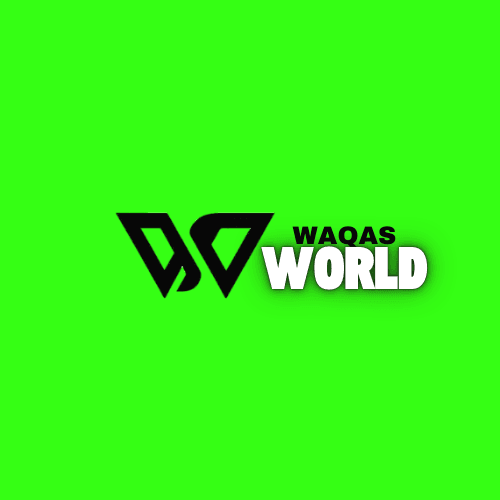
History’s Shadows: How Munich, Yalta, and Budapest Shape the Debate on Ukraine
History has often dealt Ukraine a difficult hand. Today, echoes of the past once again haunt the country as global leaders debate its future. For Russia’s Vladimir Putin, history is a weapon. Months before his full-scale invasion, he wrote a 5,000-word essay questioning Ukraine’s very existence. When the war began, he justified it with historical grievances and later cast himself as the heir to Tsar Peter the Great.

(Andrew Caballero-Reynolds/AFP/Getty Images)
Ukraine History Parallels
Now, as former U.S. President Donald Trump pushes for a negotiated end to the war, comparisons with past diplomatic failures and compromises dominate the discussion. Analysts warn of parallels with three defining historical moments: the 1938 Munich Agreement, the 1945 Yalta Conference, and the 1994 Budapest Memorandum.
Munich Agreement: Appeasement’s Dangerous Legacy
The Munich Agreement of 1938 gave Nazi Germany control of the Sudetenland in hopes of avoiding war. Instead, it emboldened Adolf Hitler and paved the way to World War II.
Critics argue that Trump’s suggestion Ukraine might have to cede territory to Russia resembles Neville Chamberlain’s mistake of trusting Hitler’s promises. Democratic Senator Richard Blumenthal warned on X: “Trump’s magical thinking threatens a slow-motion Munich. Appeasement never brought peace — it only invited aggression.”
Strategically, the Munich lesson is sharp: by surrendering Sudetenland, Czechoslovakia lost vital fortifications. Similarly, if Russia keeps parts of Donetsk under any peace deal, it could gain control over key defensive cities like Slovyansk and Kramatorsk — undermining Ukraine’s security belt.
Yalta Conference: Deals Over Nations’ Heads
In 1945, U.S. President Franklin Roosevelt, Britain’s Winston Churchill, and Soviet leader Joseph Stalin divided post-war Europe at Yalta. What seemed a diplomatic victory became, for Eastern Europe, a betrayal — locking millions behind the Iron Curtain.

Observers fear Trump’s approach could echo Yalta, where decisions were made above the heads of those most affected. Former U.S. Ambassador to Russia Michael McFaul cautioned that “the Trump-Putin meeting in Alaska must not become Yalta 2.0.”
Historians, however, note that unlike 1945, Russia today lacks decisive power. As historian Sergey Radchenko argued, “Moscow cannot conquer even Donbas, let alone Eastern Europe.” Unlike Yalta, alternatives exist — the U.S. can still strengthen Kyiv instead of bargaining over it.
Budapest Memorandum: Broken Promises
In 1994, Ukraine gave up its nuclear arsenal — then the world’s third-largest — in exchange for security guarantees from the U.S., U.K., and Russia. Moscow’s invasion in 2014 and again in 2022 shattered those assurances.

For Ukrainians, this betrayal lingers as a warning: paper promises mean little without enforcement. For Washington, the lesson is clear — credibility is on the line.
Conclusion
Ukraine’s struggle is more than a modern war; it is a test of whether the world will repeat the mistakes of Munich, Yalta, and Budapest. History shows that appeasement, grand bargains, and hollow guarantees carry devastating costs. As Trump and Putin prepare for talks, the past whispers warnings that cannot be ignored.
Why is the Munich Agreement compared to Ukraine today?
Because Munich showed how appeasement only encouraged further aggression, similar to fears about ceding Ukrainian land to Russia.
What was decided at the Yalta Conference?
In 1945, Roosevelt, Churchill, and Stalin divided Europe, leaving Eastern Europe under Soviet control.
Why is the Budapest Memorandum significant now?
Ukraine gave up nuclear weapons in 1994 for security guarantees — but Russia later violated those promises.
Table of Contents
Read More News









